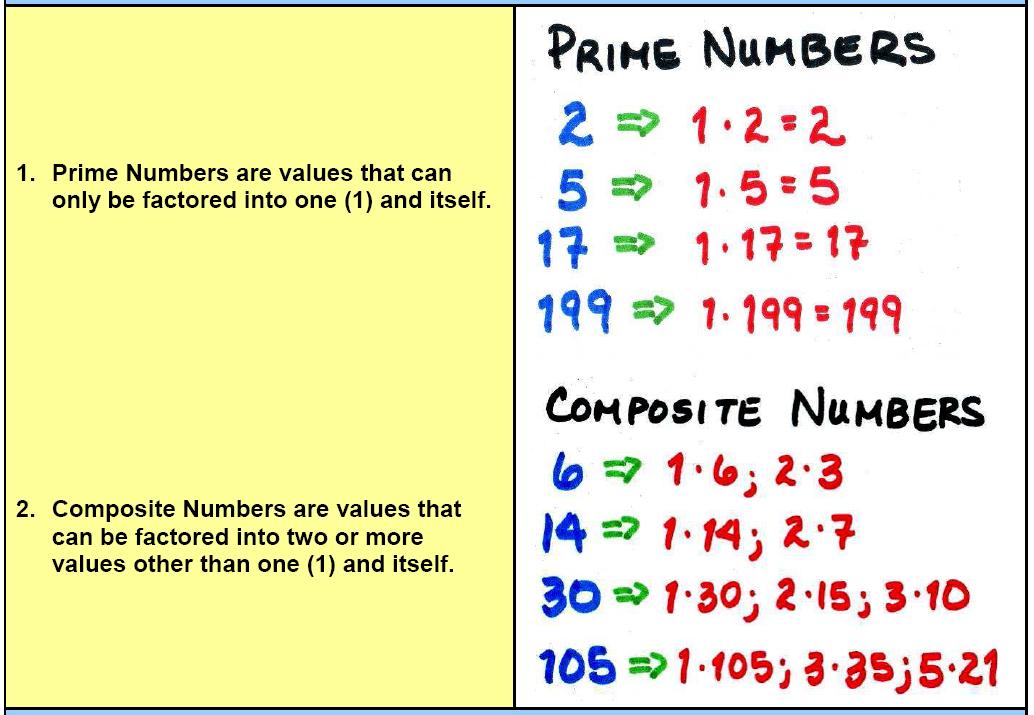Is 21 a prime number or composite number? At first glance, a question that may seem trivial, yet its implications extend far beyond mere mathematical classification. Embark on a journey of mathematical exploration as we delve into the fascinating realm of prime numbers and their unique properties, shedding light on the elusive case of the number 21.
Image: mavink.com
In the vast tapestry of numbers, prime numbers stand tall as beacons of solitude, embodying the essence of indivisibility. A prime number, by definition, is a positive integer greater than 1 that has no divisors other than itself and 1. They are the building blocks of all natural numbers, weaving intricate patterns into the very fabric of our numerical system.
Now, let us turn our attention to the number 21. Can it be bisected into smaller numbers without leaving a trace? The question lingers in the air, inviting us to subject it to mathematical scrutiny. Factors, those faithful companions that divide a number harmoniously, hold the key to unlocking this mystery.
Divisors of 21 readily present themselves as 1, 3, 7, and 21. Intriguingly, this quartet of divisors encompasses both unity and the number itself, hinting at a possible harmonious relationship. Unraveling this puzzle necessitates a closer examination of prime numbers and their composition.
At the heart of prime numbers lies an unyielding characteristic: they possess precisely two distinct divisors—1 and the number itself. The absence of any other divisors, like a guarded fortress, protects their integrity. 21, on the other hand, falls short of this defining trait. The presence of divisors beyond the sacred duo of 1 and itself relegates it to the realm of composite numbers.
Envision a composite number as an amicable alliance, a harmonious union of two or more prime numbers. 21 personifies this composite nature, emerging as the product of 3 and 7. In this partnership, 3 and 7 intertwine their strengths, surrendering their prime status to create a composite integer.
The distinction between prime and composite numbers reaches far beyond mere categorization. Prime numbers, with their enigmatic nature, form the foundation of modern cryptography, guarding digital secrets with unwavering vigilance. They play pivotal roles in computer science, mathematics, and physics, weaving their mathematical magic into the most intricate frameworks.
Navigating the realm of prime numbers, we encounter the Sieve of Eratosthenes, an ancient yet powerful tool that identifies primes with uncanny precision. Through a process of elimination, the Sieve isolates prime numbers from their composite counterparts, revealing their true nature.
As our mathematical journey concludes, we leave you with an empowering truth: understanding the intricacies of prime numbers is not reserved for a select few. Embrace curiosity, delve into the world of mathematics, and unlock the secrets held within its boundless depths. Every number, whether prime or composite, holds a unique story waiting to be discovered. Unveil the mysteries, ignite your mathematical passion, and let the numbers guide your path.

Image: shanahan1.pbworks.com
Is 21 A Prime Number Or Composite
https://youtube.com/watch?v=NpDt51cqXBk